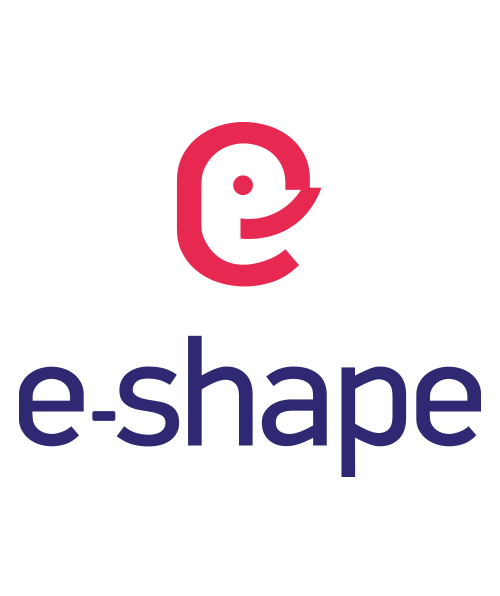The EuroGEO 2021 workshop took place from 20 to 23 September focusing on the Earth Observation-based solutions to support the European Green Deal and shape the future development of Europe’s contribution to the Group on Earth Observations (GEO). Bringing together the European players interested in and actively contributing to the Global Earth Observations System of Systems (GEOSS), this year’s workshop was organised by the European Commission and the French Ministry of Higher Education, Research and Innovation with the support of MINES ParisTech.
In this year’s EuroGEO workshop, 27 projects showcased in online live demo’s how they provide concrete solutions using Environmental Observations to support the European Green Deal.
Participants discussed best-practices and recommendations on different aspects relevant for the future evolution of EuroGEO – Jean Dusart, European Commission’s Directorate-General for Research and Innovation
Advances to deliver user-orientated solutions for coastal regions
European powered applications were showcased in 4 breakout sessions on envioronmental observation-based solutions. The session addressing hazards provided 7 projects demonstrations focusing on flooding, sargassum, water shortages, amongst others. Chaired by EU4OceanObs project team at Mercator Ocean International, the session offered demonstrations of the following applications on the water, oceans and coastal themes:
- E-shape Pilot* – the SAMtool – Sargassum Detection for operational seasonal planning & monitoring (CLS, France)
- The LittoSCOpe project – a satellite solution supporting coastal resilience – developing a tool that uses satellite data to identify flooding risks in coastal areas (CLS, France)
- E-shape Pilot* on Satellite Earth Observation derived water bodies & floodwater record over Europe (Luxembourg Institute of Science & Technology)
- The BEYOND centre FloodHub operational service supporting civil protection in flood early warning and monitoring (National Observatory of Athens, Greece)
- EU H2020 project WaterSENSE developing a modular, operational, water-monitoring system built on Copernicus Earth observation data (Water Technology, Australia)
Implementing EuroGEO, new opportunities
“The sky is NOT our limit anymore,” Nancy Vermeulen, Founder Space Training Academy
This session discussed the implementation of EuroGEO via the European Union’s Horizon 2020 R&I Programme and the upcoming opportunities the Horizon Europe programme will offer. Following the last EuroGEO workshop in 2019, new players have engaged in recently granted projects addressing GEO engagement priorities such as the UN Sustainable Development Goals, the Paris Agreement, the Sendaï Framework and the new fourth priority on urban resilience. The ocean and marine environment’s theme included presentations on:
UN Ocean Decade
On the ocean theme, the GEO Blue Planet EU coordinator hosted by Mercator Ocean International as part of EU4OceanObs, Audrey Hasson presented GEO’s Blue Planet Initiative and its contribution to the UN Decade of Ocean Science for Sustainable Development. GEO Blue Planet will lead GEO’s engagement with the IOC of UNESCO in close coordination with relevant GEO flagship programmes, initiatives, regional nodes & community activities to contribute to the Ocean Decade.
Artic Passion – Arctic Observing System of Systems, Implementing Observations for Societal Needs
The EU H2020 project Artic Passion launched in 2021 works to co-create and implement a coherent, integrated fit-for-purpose Arctic observing system. Part of its mission is to fill critical gaps in observations and improve the archiving, handling and interoperability of Arctic data systems. It will use these improvements to develop and implement new EuroGEO Pilot Services that will support emergency preparedness, food security, and responses to climate and socio-economic changes in the Arctic. The combination of the work performed by Arctic PASSION will provide compelling evidence to GEO to update Arctic GEOSS’ Community activity’ to the higher level of GEO ‘Regional Initiative’.
EuroGEO Evolution
Regional GEOs are playing an increasing role in GEO, making GEO assets accessible to local communities and bringing regional needs, know-how and experiences to the attention of the entire GEO community.
The panel session on linking EuroGEO to other Regional Initiatives included representatives from AfriGEO, AOGEO, AmeriGEO, EuroGEO and the GEO Secretariat. Discussions revealed that GEO Regional Initiatives are eager to foster synergies, particularly around thematic areas. On the marine theme, GEO Blue Planet activities based on ocean and coastal observations, such as trans-Atlantic or Pacific actions on marine hazards could provide a platform for collaborations amongst GEO Regional Initiatives.
More information on access to the presentations material and replay of live sessions from the EuroGEO Workshop 2021 will soon be made available here.
*e-shape – EuroGEO’s Showcases: Applications Powered by Europe

Coordinated by ARMINES and funded by the EU’s H2020 R&I programme, e-shape aims to showcase operational services in and improve user uptake of Earth Observation data powered by Europe. E-shape supports the implementation of pilot applications spanning 7 thematic areas (health, renewable energy, ecosystem, water, climate, disasters and agriculture) to address societal challenges, foster entrepreneurship and support sustainable development. The objectives of these pilots are in line with GEO main priorities, namely, the UN Sustainable Development Goals (SDGs), the Paris Agreement and Sendai Framework.




